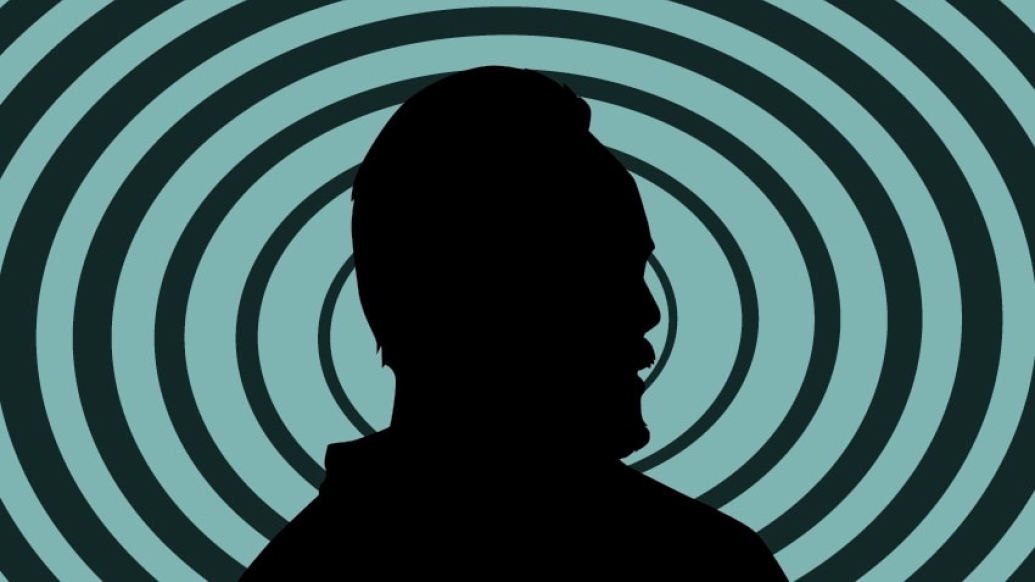Understanding the brain’s role in addiction can help break the stigma surrounding the illness — and encourage individuals to seek help.
7:00 AM
Author |

Addiction is a serious issue: The U.S. is currently facing an opioid epidemic, and excessive use of alcohol continues to be one of the leading preventable causes of death, according to the Centers for Disease Control and Prevention.
MORE FROM MICHIGAN: Sign up for our weekly newsletter
In a November 2016 report, former Surgeon General Vivek Murthy, M.D., publicly confirmed what researchers have known for years: Addiction is a chronic illness accompanied by significant changes in the brain.
Addiction does not occur because of moral weakness, a lack of willpower or an unwillingness to stop. This finding stems from decades of work investigating the effects of substance use on the brain.
The first time individuals drink or take drugs, they do so voluntarily, and they believe they can control their use. With time, more and more alcohol or drugs are needed to achieve the same level of pleasure and satisfaction as when they first started. Seeking out and taking the substance becomes a near-constant activity, causing significant problems for them and their family and friends. At the same time, progressive changes in the brain drive the compulsive, uncontrollable drug use known as addiction.
When this happens, individuals can no longer voluntarily choose to not use drugs or alcohol, even if it means losing everything they once valued.
Addiction does not occur because of moral weakness, a lack of willpower or an unwillingness to stop.Jillian Hardee, Ph.D.
The brain on addiction
Research has identified a number of areas in the brain key to the development and persistence of addiction. In particular, pathways containing dopamine are where many drugs exert their effects. Dopamine is a small chemical in the brain important for carrying signals from one brain cell to the next, similar to how a train carries cargo between stations. Pathways where dopamine is present are involved in many different functions, one of which is reward-motivated behavior.
In the healthy brain, dopamine is released in response to natural rewards, such as food or exercise, as a way of saying, "that was good." But drugs hijack dopamine pathways, teaching the brain that drugs are good, too. For example, some drugs have a structure similar to other chemical messengers in the brain, allowing them to bind to brain cells and release dopamine. Therefore, taking a drug produces a euphoric feeling, which in turn strongly reinforces drug-using behavior.
Drugs release two to 10 times the amount of dopamine that natural rewards release. How much is released depends on the type of drug; amphetamines, for example, release more dopamine than cocaine. As a result, the increased and sometimes constant influx of dopamine means feelings of reward, motivation or pleasure are also increased.
But if substance use continues, the brain produces less dopamine and/or reduces the number of brain structures that receive dopamine. Thus, dopamine's impact on the reward network diminishes, along with the individual's ability to experience pleasure.
This explains why individuals who chronically abuse drugs or alcohol begin to appear lethargic, unmotivated and depressed, and report a lack of pleasure in things that were once pleasurable. To counter this, they increase their substance use in an attempt to feel the same pleasure they used to. This only exacerbates the problem, creating a vicious cycle of needing to take the drug in order to regain dopamine levels, then later needing to increase the dose, and so on, an effect known as tolerance.
SEE ALSO: Opioids: When the Harms Outweigh the Benefits
While short-term use may only produce small, transient effects in the brain, prolonged substance use changes the brain in fundamental ways that reinforce continued use, such as the strengthening of memory circuits associated with drug taking. Cues that are social (such as being around substance-using friends), geographic (former favorite bars), and physical (experiencing stress) in nature become strongly associated with the drug. These have a powerful impact on the brain — no matter if that person has been abstinent for 15 days or 15 years — and can trigger a relapse.
Brain changes from chronic drug or alcohol use can persist years after a person quits. This is why individuals risk relapse even after long periods of abstinence, and despite a relapse's potentially devastating effects. More importantly, this is why treatment depends on the type of drug and the individual characteristics of the patient.
Understanding the brain's role in addiction can help reduce negative perceptions and attitudes of those struggling with substance use disorders. Because addiction is typically a chronic disorder characterized by intermittent relapses, a short-term, one-time treatment is generally not sufficient. However, research shows that addiction can be managed successfully. Individuals who enter and remain in treatment can manage their addiction and improve their quality of life.
If you or a loved one is dealing with an addiction, the University of Michigan Addiction Treatment Services (UMATS) offers assessment, diagnosis and treatment personalized for individuals and their families. UMATS accepts a variety of private insurance plans and is here to help. Please call 1-800-525-5188 to schedule an appointment, or visit the Addiction Center online to schedule an appointment.

Explore a variety of health care news & stories by visiting the Health Lab home page for more articles.

Department of Communication at Michigan Medicine
Want top health & research news weekly? Sign up for Health Lab’s newsletters today!





